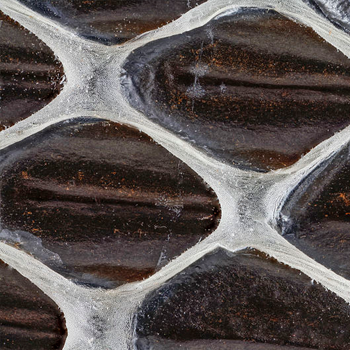#1#. Start by adding #15# to both sides of the equation.
#log_2x+log_2x-15=4#
#log_2x+log_2x=19#
#2#. Use the logarithmic property, #log_color(purple)b(color(red)m*color(blue)n)=log_color(purple)b(color(red)m)+log_color(purple)b(color(blue)n)# to simplify the left side of the equation.
#log_2(x*x)=19#
#log_2(x^2)=19#
#3#. Use the logarithmic property, #log_color(purple)b(color(purple)b^color(orange)x)=color(orange)x#, to rewrite the right side of the equation.
#log_2(x^2)=log_2(2^19)#
#4#. Since the equation now follows a "#log=log#" situation, where the bases are the same on both sides, rewrite the equation without the "#log#" portion.
#x^2=2^19#
#5#. Solve for #x#.
#sqrt(x^2)=sqrt(2^(19)#
#x=2^(19/2)#
#color(green)(|bar(ul(color(white)(a/a)x~~724.08color(white)(a/a)|)))#
Note that although when you take the square root of #2^19#, a negative solution should also be produced, it is not actually a solution because if you substitute #x=-2^(19/2)# back into the original equation, you will notice that you end up taking the logarithm of a negative number, which is not possible.

